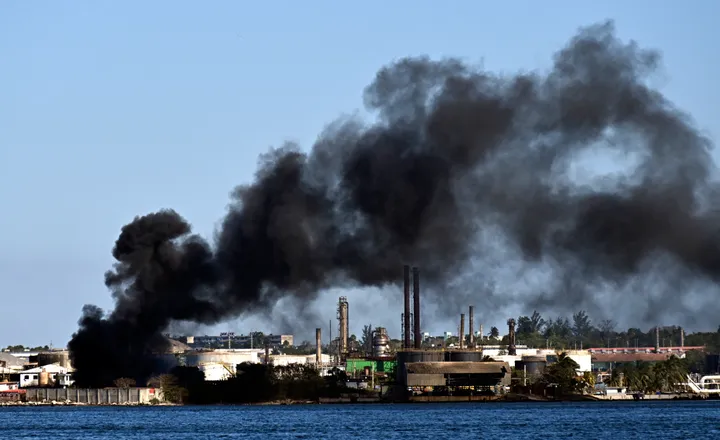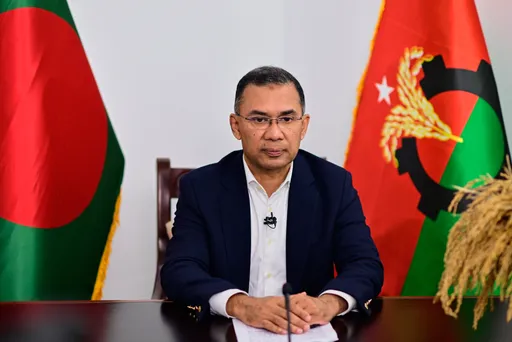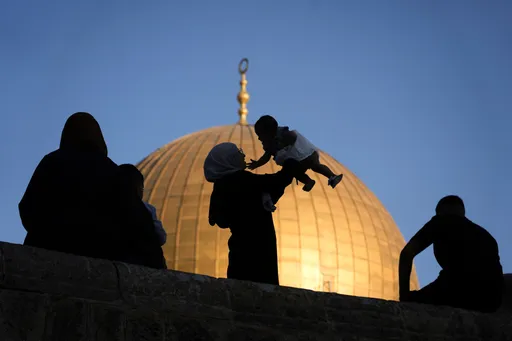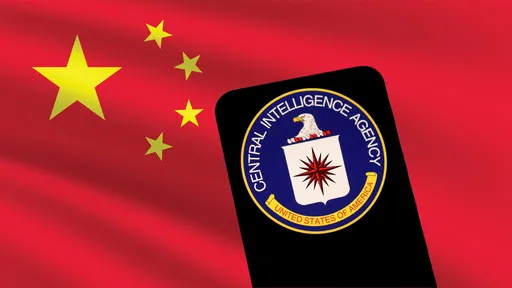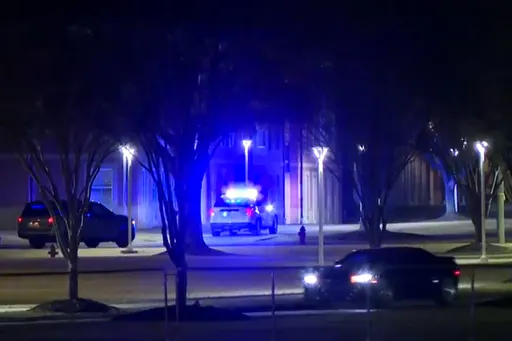A staff member at the Bill and Melinda Gates Foundation says she has resigned in protest at a decision to honour India's Prime Minister Narendra Modi. This is despite widespread allegations of human rights violations in India-administered Kashmir where an ongoing lockdown and communications blackout continues to cripple normal life on its 51st day.
Modi is to receive an award on September 24 for his government's efforts to control open defecation in India, on the sidelines of his visit to the UN General Assembly. Modi launched the Swachh Bharat Abhiyan, or Clean India Mission, with much fanfare soon after he took office in 2014. The initiative aimed to build millions of toilets for India's poor.
But his government has recently come under fire for downgrading the nominal autonomy of disputed Kashmir and imposing tighter curbs using tens of thousands of troops in the already over-militarised region, prompting activists and critics to campaign against the private American foundation.
In an interview with TRT World, Sabah Hamid, 42, a communications specialist and programme officer at the foundation for the last three and half years says it erred greatly by honouring the Indian prime minister.
TRT WORLD: Why do you think Gates Foundation shouldn't have awarded Modi?
SABAH HAMID: The Gates Foundation is awarding the Prime Minister of India, Narendra Modi, with its annual Global Goalkeeper award. I believe this is wrong. In my opinion, any organisation that works to improve the lives of the vulnerable, and to reduce inequality in the world, should not honour a person whose decisions inflict irreversible harm on the vulnerable and whose reign has increased inequality in an already unequal country manifold. Since the foundation seemed set on its course of action to go ahead with the award – which as a private foundation it is entitled to - I could do just one thing: leave.
Did you take up giving the prize to Modi with the foundation bosses?
SH: Yes, I did. And I realised very quickly that this was a decision that would not be changed.
SH: Did your being Kashmiri influence your decision?
Influence it? Yes, certainly. But that wasn't the sole reason.
Being Kashmiri makes it personal. Eight million of my people have been under an undeclared curfew for 50 days now, with minimal access even to medical care, and there is a humanitarian crisis under way in the valley. The Modi led government has not only designed and implemented this crisis, their untruths and the complicity of a large part of the media means they are also trying to hijack the narrative. Being feted at large international gatherings, and winning awards plays right into that.
My protest is not about just the last 50 days in Kashmir though. Things were not "normal" in Kashmir even before August 5, 2019. I would have protested then, not just because of the occupation in Kashmir, but for what the Modi regime is responsible for in India itself – the lynching of Dalits, Christians and Muslims, the NRC in Assam (and potentially elsewhere), the 2002 Gujarat pogrom – any of these even by itself should be the reason enough.
Are there other employees who plan to quit as well?
SH: Not to my knowledge.
Did the foundation try to convince you to stay back?
SH: Yes. I do not want to go into the details because those are conversations people had with me when I was technically still an employee and I will respect that.
All I will say is that they tried looking for some middle ground but given my reason for quitting I could not see any.
How have you spent your days since August 5, after the repeal of Kashmir's semi-autonomy?
SH: How does one operate knowing that your home is besieged, that everyone you love is under threat, that those who have invaded your home will play by no rules, and then blame you for protesting against the unfairness?
Like most Kashmiris that I know and have talked to, I swing between anger and despair.
The first week was absolutely terrifying. There was no news from my parents, from any family member, nothing from friends. The second week, my husband and I flew to Srinagar. We had tickets to fly there for Eid already and took a chance. I have never seen Srinagar as desolate as I did on this Eid and I have seen many an Eid being not celebrated in the last three decades.
The weeks after have passed slowly. That one phone call a day, which one manages after scores of attempts; the constant chatter over social media and chat groups from other Kashmiris; more attempts to call working landlines in Kashmir, this time so people tried and failing to call from international numbers can be conferenced in to speak to parents, siblings, friends; trying, in limited ways, to help young students stranded for want of funds from home; the constant worry at the back of the mind – it feels like a lifetime.
Have you been able to communicate with your family?
SH: The landline at my parents' place started working a couple of weeks into the clampdown. It's a relief to talk to them when one can get through, of course, but I refuse to feel "thankful" for it. I will not be reduced to feeling thankful for being given something that that was unfairly taken away in the first place.
Is just talking to someone communicating? Once my parents and I have exchanged our obligatory "warai, theek tchiva," there is nothing to say. I cannot even ask them what they have had for lunch or dinner; and what is the point of asking what they did that day? I ask instead if they have enough of their regular medicines, and tell them that the world has not forgotten Kashmir.
Usually, my mother, sister and I exchange three-way WhatsApp messages with each other. Now my sister sends a forlorn "check, check" every day. She knows there she will not get a response, but she does it anyway.
Are they happy with your decision?
SH: They understand it, but they are worried. One part of the worry is probably the usual parental worry along the lines of "what will she do now, will she get a job easily?". The other part is that I am making myself visible by standing for something, or rather, against something. That is both a reflection of being a Kashmiri living outside Kashmir and the times we live in now.
How long were you at the Gates Foundation, and how has your experience been after you left it?
SH: I worked at the Bill & Melinda Gates Foundation for almost three-and-a-half years. For those three years and five months, it was a part of my life. Both the development sector and the work that the foundation does were new to me, and I will always appreciate what it and the people working there taught me.
Your decision comes when thousands have lost their jobs due to the slow economy in India. Was it worth it?
SH: I do not think I had a choice. It was not a practical decision. When I switched to the social sector I did so despite higher-placed and higher-paying opportunities in the corporate sector. It was worth it because the work the Gates Foundation does was more fulfilling and it hurts me that I cannot continue it.
Nevertheless, I could not reconcile to this decision and I would not have felt honest criticising it while still being paid by the foundation. I had no choice but to protest, and it was the only honest way I could express by protest. Whether it was wise or not, I do not know. It was the only option left open to me.
What next?
SH: On the work front, I don't know what next yet. On the personal, there is very little room in my head for anything other than Kashmir. I may go home for a bit. The last time I went was on August 11, a week after the imposition of the clampdown by the Indian state, and a day before Eid. Srinagar was the most desolate I have even seen it – and I grew up during the 80s and 90s in the city — including on Eid. The news that is filtering out tells us that nothing has changed for the better in the weeks after that, if anything, things have gotten worse (or maybe we're only hearing about them now). I don't know what I can do, but I need to be home.
You've been telling your parents the world is watching Kashmir's plight. Is it really?
SH: In all the despair of the last 50 odd days, when it has felt that we are further away from finding a resolution for Kashmir, that the various promises the world made it are close to being forgotten, I have been thinking a lot of my growing up years and both the hope and the hopelessness we grew up with. I've realised there is a key difference between then and now. At that time, most Kashmiris lived in Kashmir and the communication tools of the world were different. Now we have voices all over the world. Even if large parts of India choose to live in denial, the world is watching.




